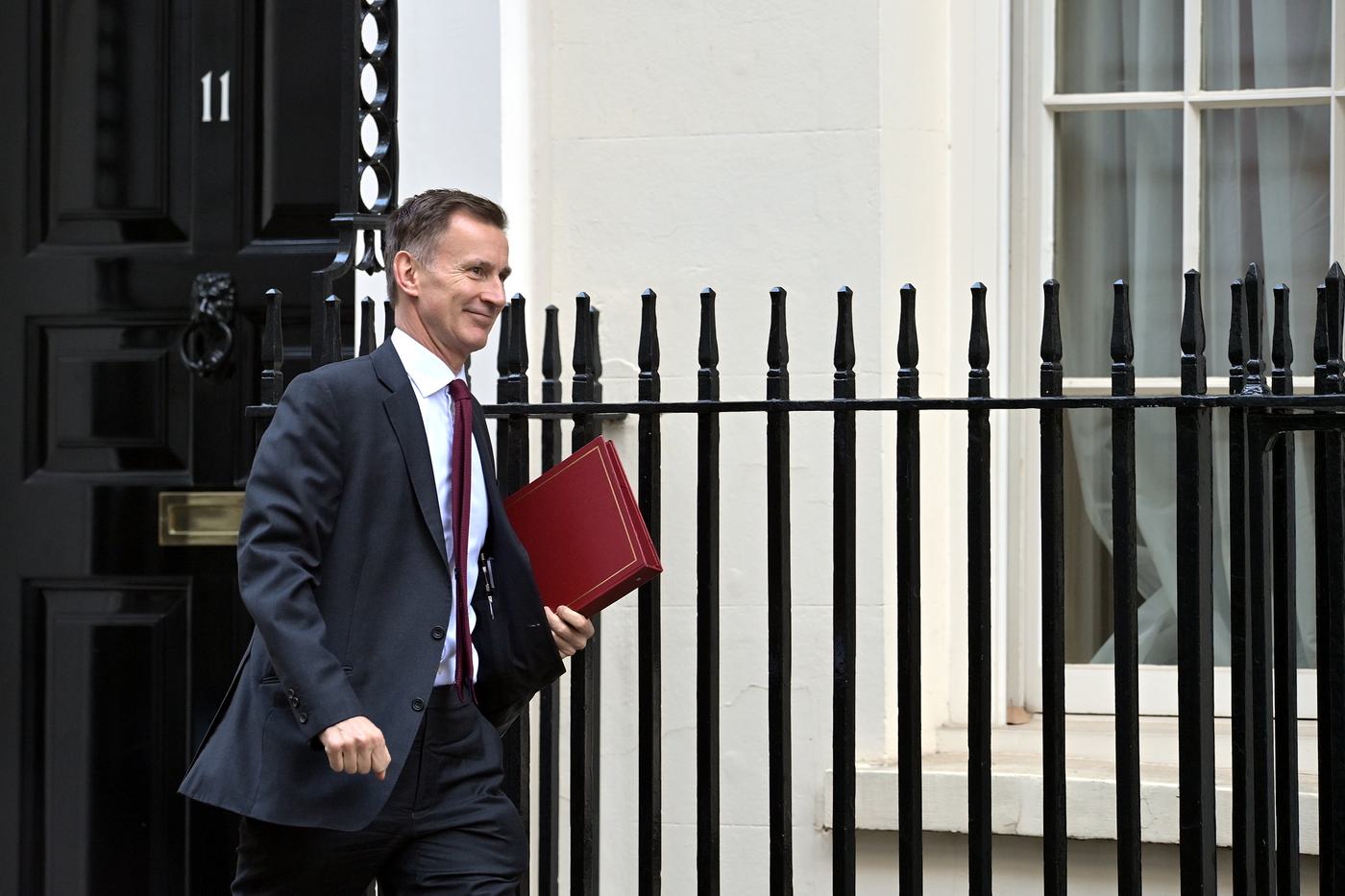A few weeks ago, Chancellor Jeremy Hunt gave his annual Mansion House speech, and in it he announced a major change for anyone with a workplace pension.
Since the advent of auto-enrolment back in 2012, more and more employees have joined the pension scheme which their employers make available. Of those, up to 90% invest in the default fund within the pension.
Usually, that fund will be a balanced fund with shares, bonds and other assets, managed by someone who is supposed to know what they are doing, in the hope of making the money grow over time.
So far so good, but the changes announced by the Chancellor have far-reaching consequences for investors in those default funds.
Jeremy Hunt spoke of an agreement with nine pension providers (with more to follow) that they will invest up to 5% of the default funds in so-called high-growth companies.

High growth?
‘High-growth’ is government code for early-stage, high-risk, unlisted company shares.
My problem with this is that the people who only invest in the default fund of their workplace pension – the vast majority of people – are the kinds of people who don’t take an active interest in how their money is invested.
High-growth investing might sound good, but the fact that these shares are difficult to sell presents a problem, potentially. If these companies fail, or start to look as if they are in trouble, then investors won’t be able to get out of them, and big losses could occur.
Such investments are usually reserved only for sophisticated investors, and yet they are being foisted on unsuspecting pension investors, many of whom have never given their pensions much thought.
If we as regulated advisers were to do this, we’d be in deep trouble.
We would also be censured for using the kind of language that the Chancellor used in his speech. He used very definite terms:
[The reforms] will increase a typical earner’s pension pot by 12% over the course of a career. [They] will increase pension pots by as much as £16,000.
Again, if we were to promise our clients definite results from uncertain investments, we’d be hauled over the coals for it.
What should you do?
If you have money in a pension scheme where you have never looked at the underlying funds, then chances are you could be affected by these changes.
If you’re a client of ours already, we will likely have addressed this, but if you’re unsure, then do get in touch.
If you’re looking after your own investments, then you need to speak with your pension provider and ask them if your fund is invested.
If it is, and if you are unhappy about the proposed changes, then you need to ask for a list of alternative funds which are not affected and make a choice from that list.
Is it really such a big deal?
I mean, it’s only 5% of the fund, right?
Advisers think in percentages and real people think in pounds. Imagine a working lifetime of pensions savings – it’s quite easy to expect a pension fund of a few hundred thousand pounds, which means that 5% could add up to tens of thousands.
But more than that it’s the fact that this is being done to people without their consent that annoys me. This should be an opt-in arrangement at the very least.
The Government is using your pension money to help grow UK businesses. That’s fine if you have an appetite for high-risk investments, but most people don’t.
It’s your pension, not the Chancellor’s. You should get to decide how it is invested.
If we can help, get in touch.
Author: Pete Matthew, CEO
